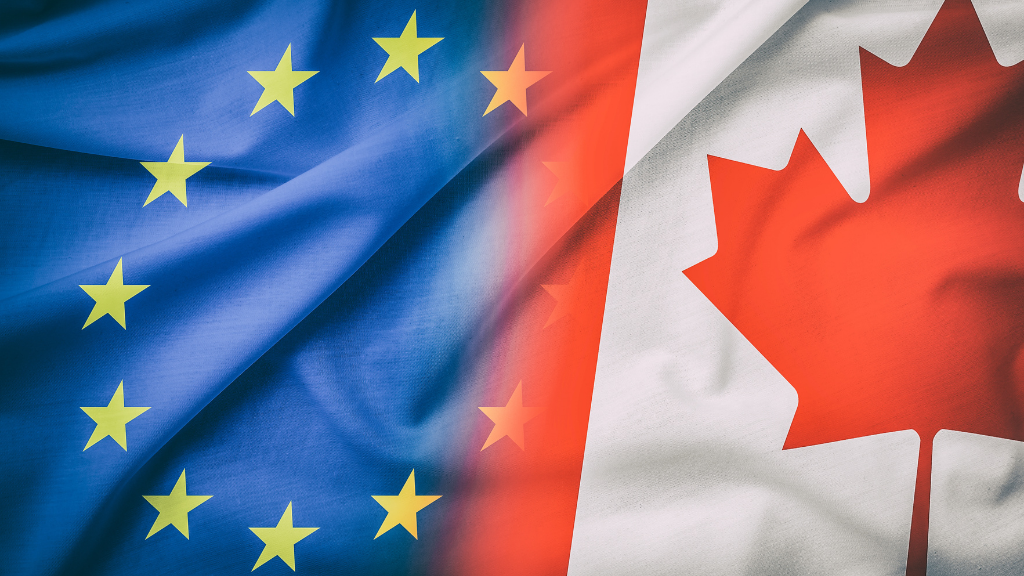Trade between the EU and Canada increased by 30 percent in 2021 compared to before CETA came into effect. The trade agreement is also helping to strengthen economic resilience and support the post-Covid-19 recovery, as well as strengthening strategic industrial ties and providing a solid pillar for international supply chains in a context of strong geopolitical instability.
These are the main outcomes that emerged from the third meeting of the EU-Canada Joint Ministerial Committee, convened recently in Brussels and chaired by EU High Representative for Foreign Affairs and Security Policy Josep Borrell and Canadian Foreign Minister Mélanie Joly.
This meeting represents an annual opportunity to revive cooperation activities between the two areas, linked a historic partnership based on shared values and extensive historical, cultural, political and economic ties.
The EU and Canada reaffirmed their commitment to promoting a rules-based international economic order. The Joint Committee reiterated that the nearly five years of provisional application of the Comprehensive Economic and Trade Agreement have brought tangible benefits to European and Canadian citizens and businesses by creating more opportunities, promoting inclusive growth, and setting high environmental and labor standards.
In this regard, the EU and Canada are committed to ensuring the full and effective implementation of CETA and to continuing joint work, including on outreach, to increase the use of the agreement.
The EU and Canada will also intensify efforts to promote trade and investment in green goods and services, and will use CETA as a facilitator of both economies’ green and digital transition.
“Canada is one of the European Union’s closest and most reliable partners. As we mark the fifth anniversary of the provisional application of the EU-Canada Strategic Partnership Agreement, we are working together more closely than ever to promote a rules-based international order based on common values and international law. This is reflected in our united response to Russia’s unjustified invasion of Ukraine and our unwavering support for the Ukrainian people. The EU and Canada are also working together to address the global consequences of the war, in areas such as energy and food insecurity, as well as refugee support and reception. Thanks to a strong institutional framework-the Strategic Partnership Agreement (SPA) and the Comprehensive Economic Agreement (CETA)-cooperation between the EU and Canada is robust and brings tangible benefits to the citizens of both countries” said EU High Representative Josep Borrel.
“Today, not only do Canada and the EU share a common history and strong cultural and trade ties, but we are closer than we have been in decades. And it is through strong partnerships, like ours, that we will be able to decisively address the complexities of the modern world in which we live” is Mélanie Joly’s comment.
After the institutional summit, another important moment of discussion and sharing on the ties between the European Union and Canada will come next June 22-23, with the first online edition of the CETA Business Forum. Direct protagonists on this occasion will be businesses, professionals, associations, educational institutions and institutions from EU member states and Canadian provinces, who will meet in a virtual platform to attend a cycle of thematic meetings, called CETA TALKS, and meet in a large exhibition area dedicated to B2B meetings, which will remain active until June 30, 2022.
Organized by Malta Business, the CETA Business Forum is supported by numerous institutional and association partners from the various EU member states and major Canadian provinces.
Registration for the CETA Business Forum is open.





